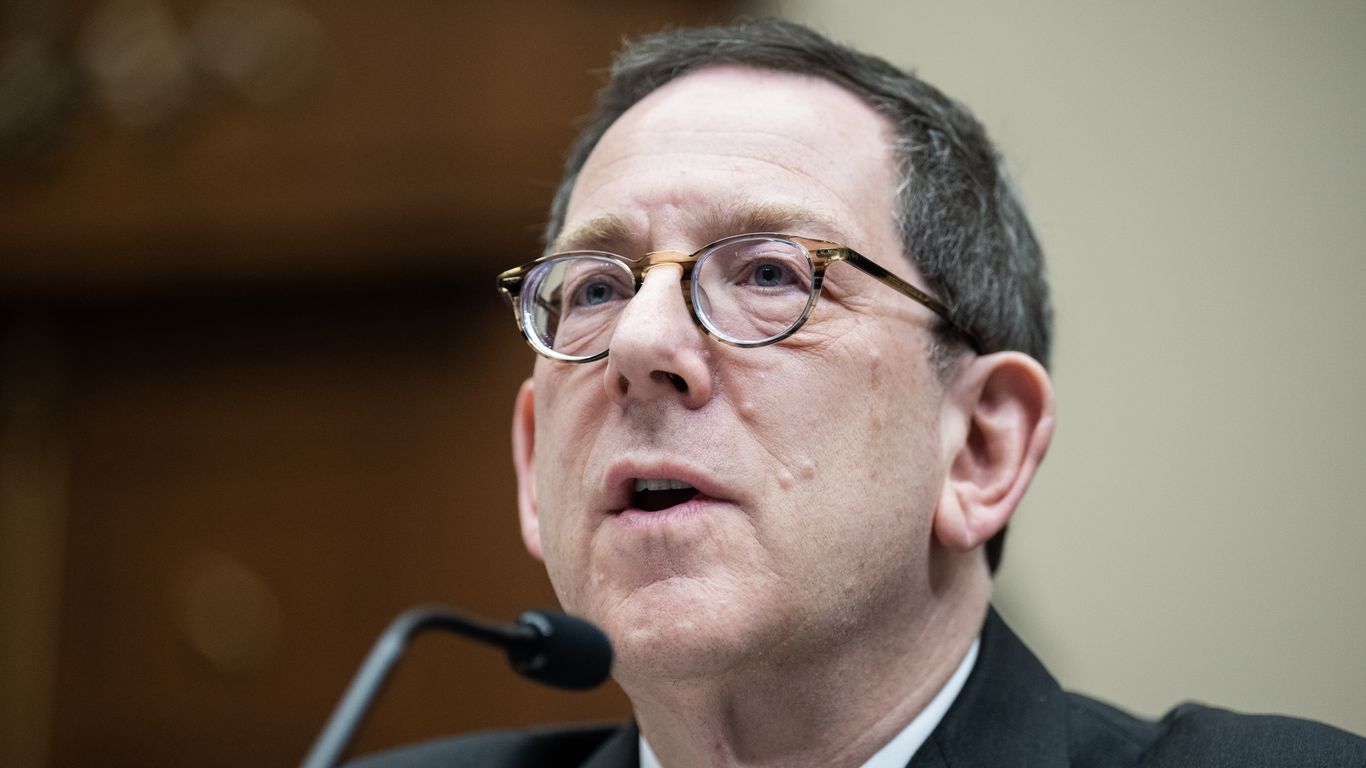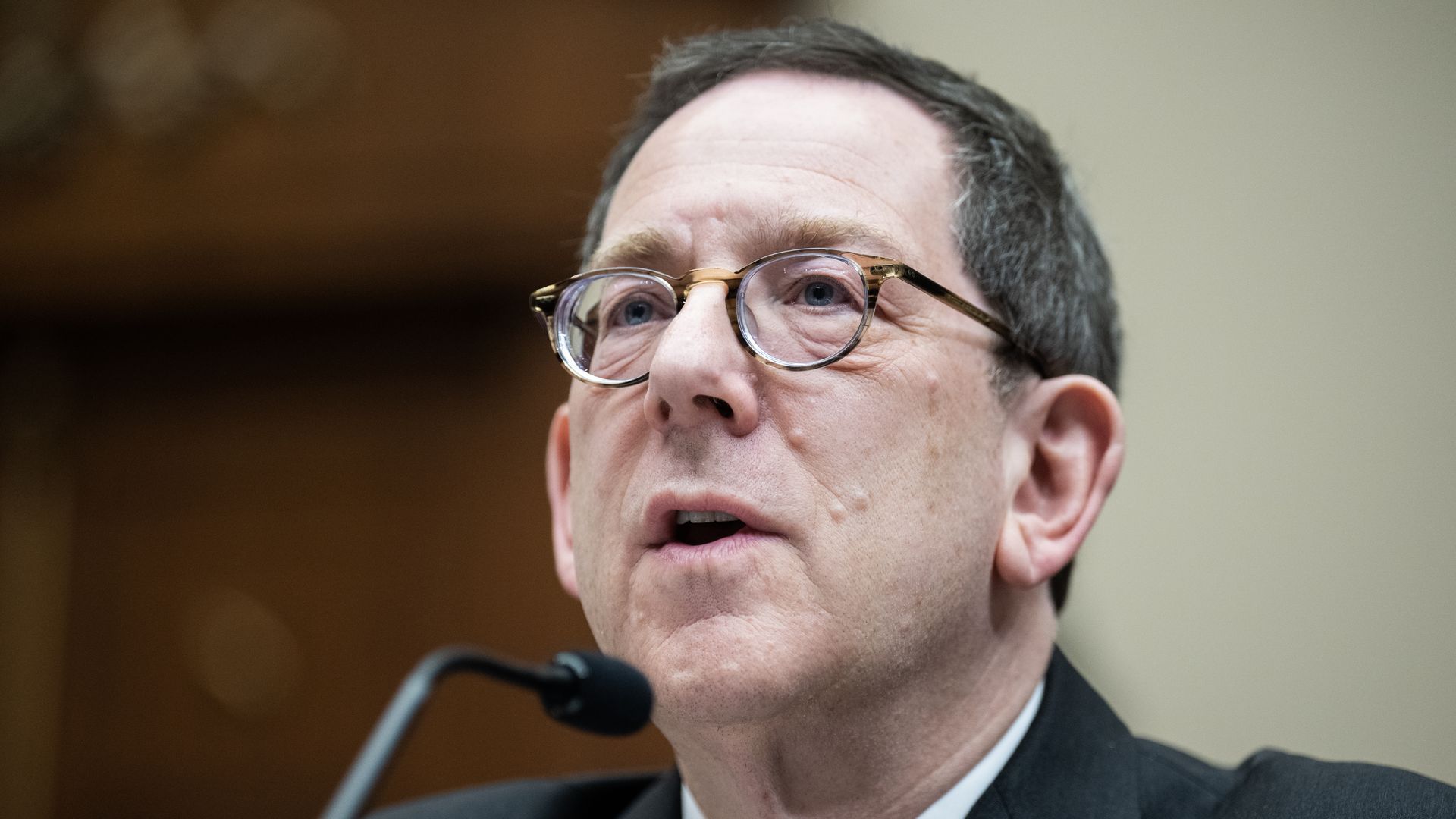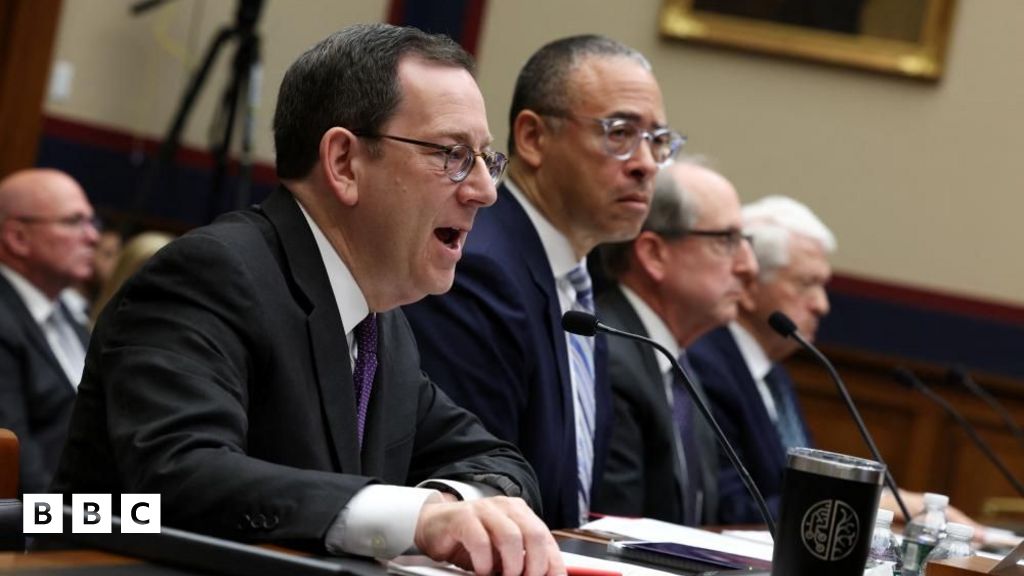
Three university leaders, including from Northwestern and Rutgers, testified before the House Education and Workforce Committee on May 23, 2024, regarding their institutions' responses to campus protests over the Israel-Gaza war. The committee focused on how these universities handled pro-Palestinian encampments that emerged as part of an international wave of student activism.
Northwestern University's administration refused to divest from Israel despite demands from pro-Palestinian student activists. Michael Schill, Northwestern's president, testified about the university's stance and the peaceful resolution reached with students who had set up an encampment on campus. Unlike other universities where students participating in previous encampments were arrested, Northwestern did not arrest its students.
Rutgers University also negotiated with protesters to end their encampment peacefully. The third university, the University of California, Los Angeles (UCLA), called in the police to dismantle its encampment after a violent attack by counterprotesters caused the situation to escalate.
Representative Virginia Foxx, chairwoman of the committee, criticized Rutgers and Northwestern for negotiating with demonstrators whose views she described as antisemitic and supportive of terrorism. She also accused UCLA's chancellor of allowing a severe and pervasive hostile environment for Jewish students by calling the police too late.
The university leaders acknowledged that Jewish students had faced antisemitism on their campuses but defended their responses, stating they had taken steps to stop it. The committee's hearing was part of a series of appearances by university heads addressing antisemitism in institutions and due process.


